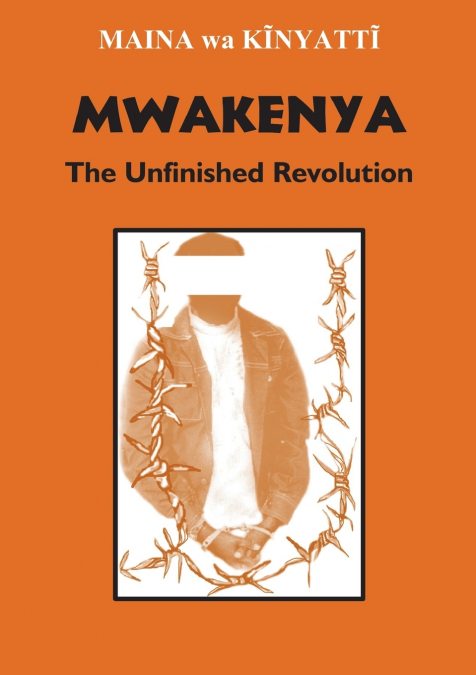
Maina wa Kinyatt
This volume represents the development of the WPK/DTM-Mwakenya’s anti-imperialist line in Kenya from1974 to 2002. The Mwakenya Movement (Muungano wa Wazalendo wa Kenya/ Union of Patriotic Kenyans) was an underground socialist movement in Kenya in the 1980s formed to fight for multi-party democracy.Independence means self-determination and self-government. An independent nation is one with the autonomy to make decisions, which will advance the welfare of its people. It is a nation that controls its own resources, and has the political and economic scope to utilise these resources, human and natural, free of foreign interference.Independence in this sense has little relevance to the current Kenyan situation. Citizens find themselves in a dependent neocolonial country, wholly subservient to foreign interests. The country’s economy is geared to the needs of foreigners, both to the ex-colonial masters and other Western imperialist nations. Neocolonialism is not merely an academic debate in Kenya, it is a condition in which the people live day-by-day, a form of oppression and exploitation every bit as effective as that practiced by the British imperialist powers.Mwakenya believes that only a true revolutionary democratic system, controlled by Kenyans can bring fundamental changes in the country and liberate the people from foreign domination and national oppression, overhaul the corrupt neocolonial system, and establish an egalitarian system for the Kenyan people.